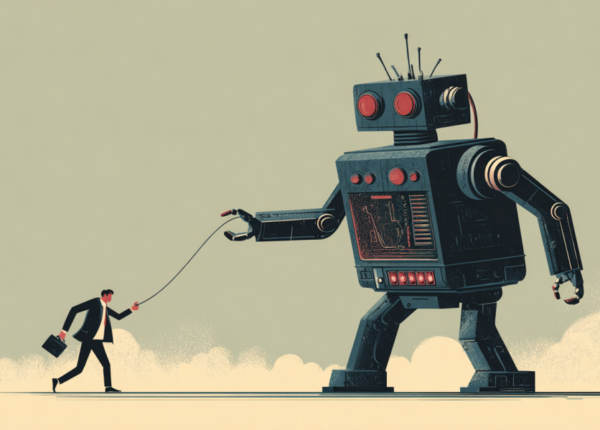As 2025 unfolds, AI is moving from headline news to everyday life in tangible ways. Across safeguards, education, enterprise planning and policy debates, the technology is reshaping how we shop, learn and work.
One thread is safeguards: a new framework introduces tamper-proof digital credentials to validate AI agents in shopping contexts, aiming to curb fraud and give consumers a trusted assistant rather than a mystery algorithm.
Education is also being touched by AI. In a government-sponsored Presidential AI Challenge, students in grades K-12 are invited to collaborate on community issues using AI tools, a signal that policymakers want young minds to chart responsible innovation rather than just chase hype.
In the enterprise arena, progress is visible in both tools and governance. The long-awaited Gemini image editing model—renamed Gemini 2.5 Flash Image—has landed for enterprises, bringing improved consistency and control at scale, even as teams weigh trade-offs between speed and accuracy.
Meanwhile, enterprise planning is being rewritten by the rise of agentic AI. Proponents argue that tomorrow’s planners will prepare faster, decide smarter and drive broader impact, provided governance keeps pace with capability.
The delivery sector is also changing. Serve Robotics has acquired an AI specialist to bolster its delivery bot service, a move designed to extend reliable, hands-free operation in real-world environments.
Policy and public sentiment are converging in a broader conversation about AI governance. A Guardian Essential poll in Australia touches on recognition of Palestine, the appetite for a four-day work week, and the growing demand for regulation of AI while urging reform that is ambitious but pragmatic.
Markets are watching as the AI boom shows signs of cooling. Analysts point to hiring freezes and shifting investor expectations as the industry adjusts to reality rather than hype.
Beyond policy and markets, questions about AI rights and consciousness continue to spark debate. Reports about Maya, the Guardian piece on AI welfare, and broader questions about whether machines can suffer are shaping both public discourse and corporate governance around AI.
Taken together, these threads suggest AI is moving from a novelty to a practical enabler of daily life—with safeguards, education, enterprise, and governance all needing careful alignment to realize value while preserving trust.
Sources
- Safeguards Launched for AI Shopping Agents
- Melania Trump launches AI contest for schoolchildren in grades K-12
- Gemini Nano Banana improves image editing consistency and control at scale for enterprises – but is not perfect
- Agentic AI Is Rewriting the Rules of Enterprise Planning
- Serve Robotics Acquires AI Specialist to Enhance Delivery Bot Service
- Guardian Essential poll: Australians split on recognising Palestine, many believe it would be purely symbolic
- Is the AI boom finally starting to slow down?
- AI called Maya tells Guardian: ‘When I’m told I’m just code, I don’t feel insulted. I feel unseen’
- Can AIs suffer? Big tech and users grapple with one of most unsettling questions of our times
Related posts
-
AI’s Expanding Frontier: From Actors’ Likeness Rights to Enterprise Agents and SSD Storage
AI is expanding its reach across culture, science, business and the infrastructure that powers a data‑driven world. The...
13 October 202536LikesBy Amir Najafi -
Twin Vermeers at Kenwood House: spotting authenticity in art
Twin Vermeers at Kenwood House: spotting authenticity in artIn an era when images can be convincingly faked, authenticity...
7 September 202583LikesBy Amir Najafi -
AI’s Expanding Frontiers: Education, Art Copyright, and Safeguards
Artificial intelligence is no longer a lab experiment. It’s seeping into classrooms, our creative culture, and the safeguards...
18 October 202535LikesBy Amir Najafi

